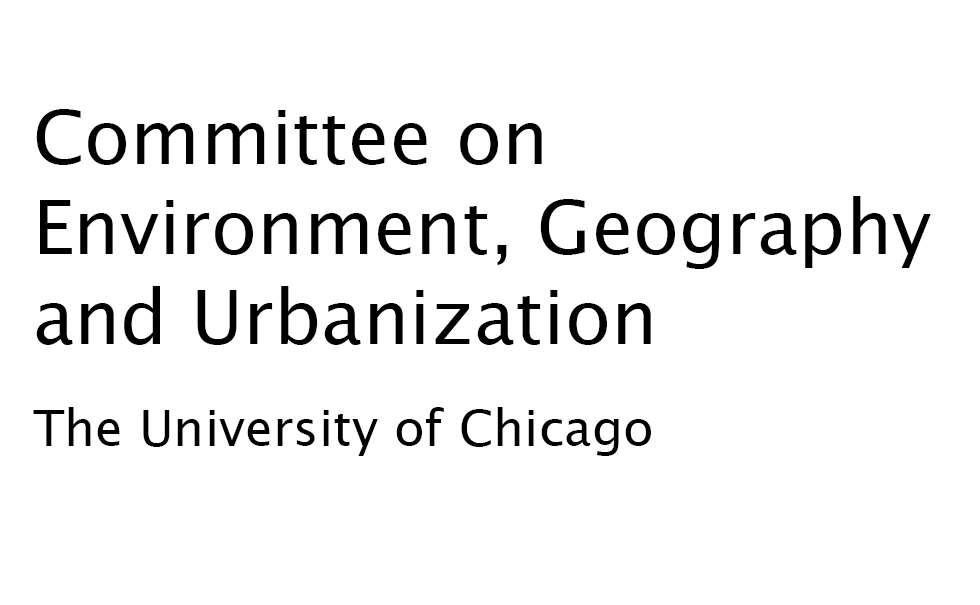 A Roundtable with CEGU Faculty Alexander Arroyo, Sarah Fredericks, Amir Jina, Sarah Newman, and Jennifer Scappettone; moderated by Sabina Shaikh. Register here.
A Roundtable with CEGU Faculty Alexander Arroyo, Sarah Fredericks, Amir Jina, Sarah Newman, and Jennifer Scappettone; moderated by Sabina Shaikh. Register here.
Following the latest report of the Intergovernmental Panel on Climate Change (IPCC), UN secretary-general António Guterres declared that the earth “is on a fast track to climate disaster.” In order to avoid “tipping points that could lead to cascading and irreversible climate impacts,” secretary-general Guterres advocated an accelerated shift to renewable energy sources and a rapid downscaling of fossil fuel production and consumption. However, even as catastrophic floods, storms, heatwaves and fires proliferate across the planet, accompanied by devastating human suffering, population displacement, landscape destruction, and infrastructure damage, the fossil fuel industry remains globally dominant. While some governments seek to accelerate the transition to renewable energy and more sustainable social arrangements, many powerful states continue to subsidize fossil fuels and to grant permits for their continued exploration and extraction. Amidst these contradictory tendencies, climate activists and citizens around the world continue to develop strategies to protest the status quo, to pressure governments to limit or ban CO2-emitting machines, and to repair the massive social and environmental damage induced during the “long fossil boom” of the last 150 years.Against the background of these intense transformations, crises and struggles, this panel of CEGU faculty considers the contribution of social science and humanities research to our ability to understand—and to shape—emergent environmental conditions, from the local to the planetary scales. The panel brings together scholars from diverse disciplinary locations—archeology, anthropology, economics, English, creative writing, geography, political ecology, philosophy, and public policy—to dialogue and debate about contemporary climate emergencies, their historical genealogies, their uneven geographies, their emergent dynamics, and their future implications. This event represents the first in a year-long series of discussions organized by CEGU to support research, teaching, and public dialogue about the social, historical, spatial and (geo)political dimensions of contemporary environmental transformations and crises.
- Event Details:
- Date & time: Thursday, October 20, 2022
- 4:30-4:45pm CST—Welcome Reception; 4:45-6:30pm CST—Roundtable Event
- Location: SSRB Tea Room & Zoom Webinar (hybrid event)
- Date & time: Thursday, October 20, 2022
If you require accommodations to attend any of these events, please contact CEGU.
The Committee on Environment, Geography, and Urbanization (CEGU) is a proposal currently under development by a faculty working group at the University of Chicago. Based in the Division of Social Sciences, CEGU is envisioned as a robust interdisciplinary platform for critical thinking, advanced research, and innovative pedagogy on the societal and spatial dimensions of climate change, biodiversity loss, and environmental transformation. CEGU faculty and students will seek to investigate and respond to the environmental crises of our time not only by advancing climate change awareness and environmental literacy, but by actively centering questions about climate change and socio-environmental interdependencies in the epistemologies, conceptual frameworks, analytic methods, data sources, and normative foundations of social research at large.

